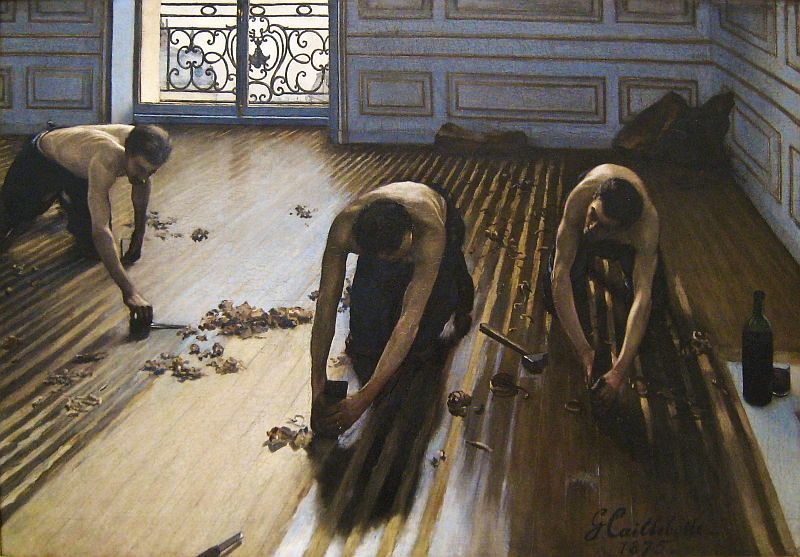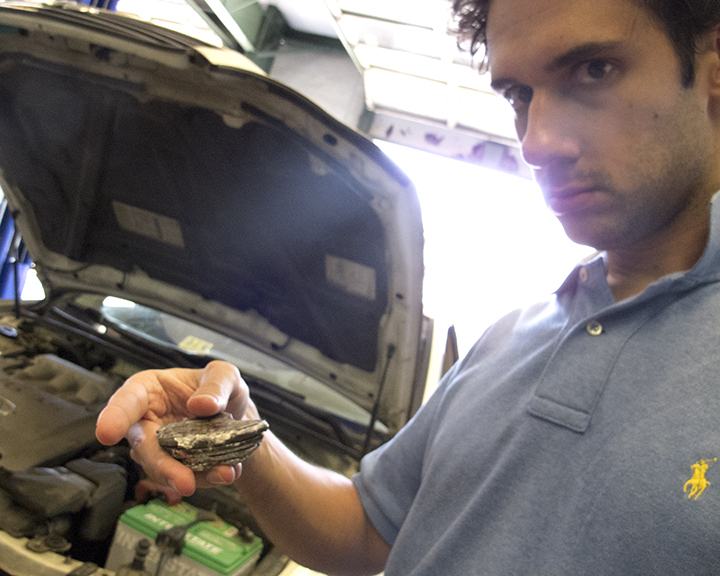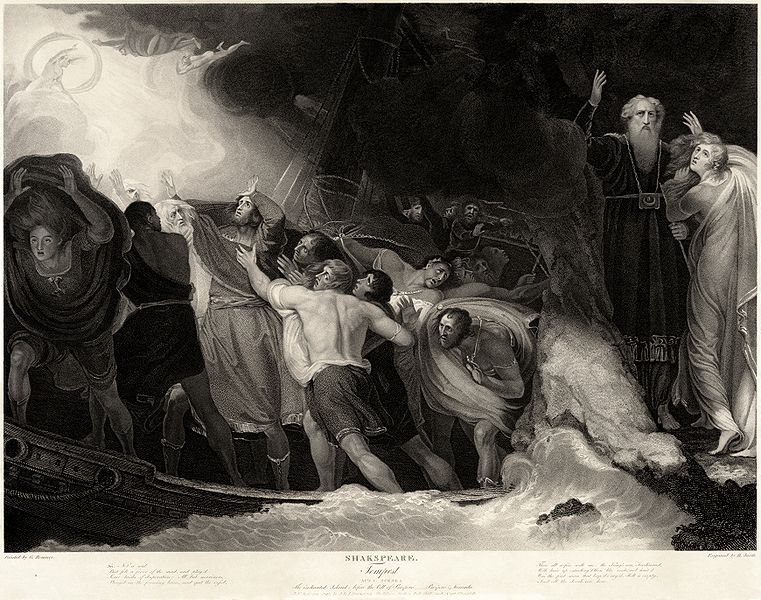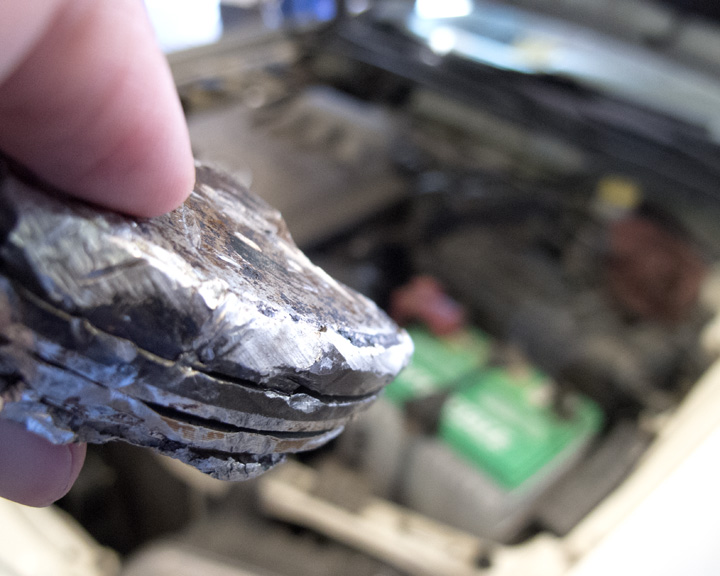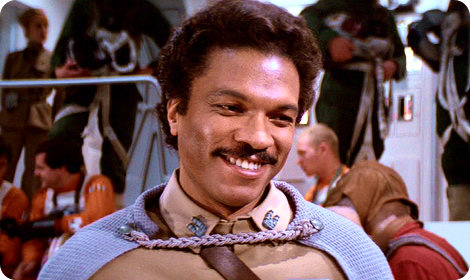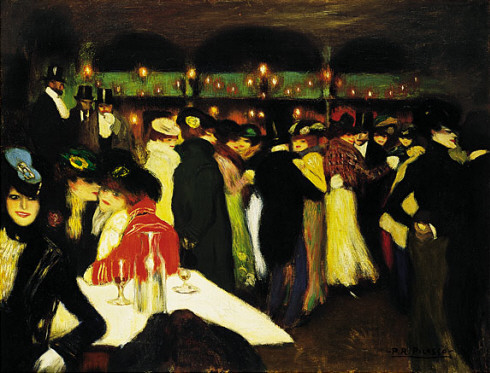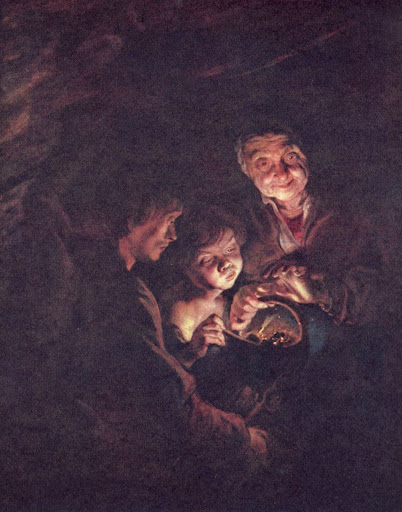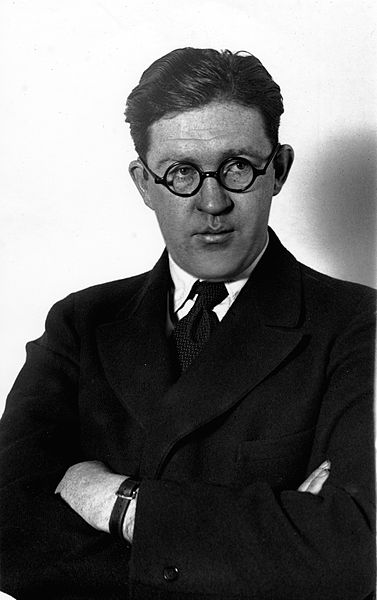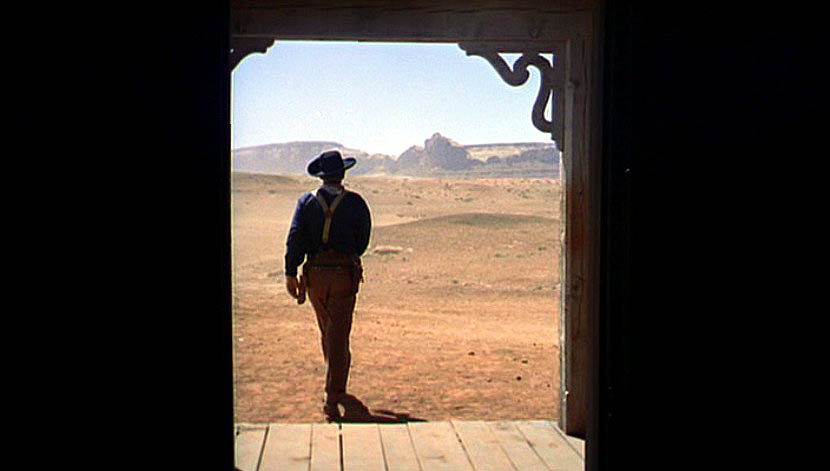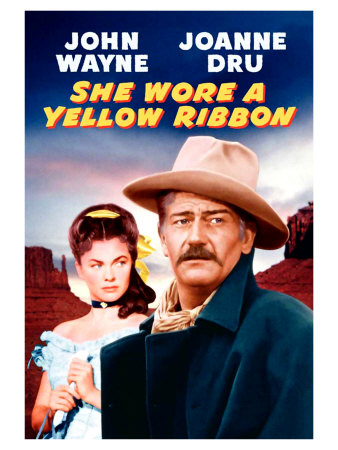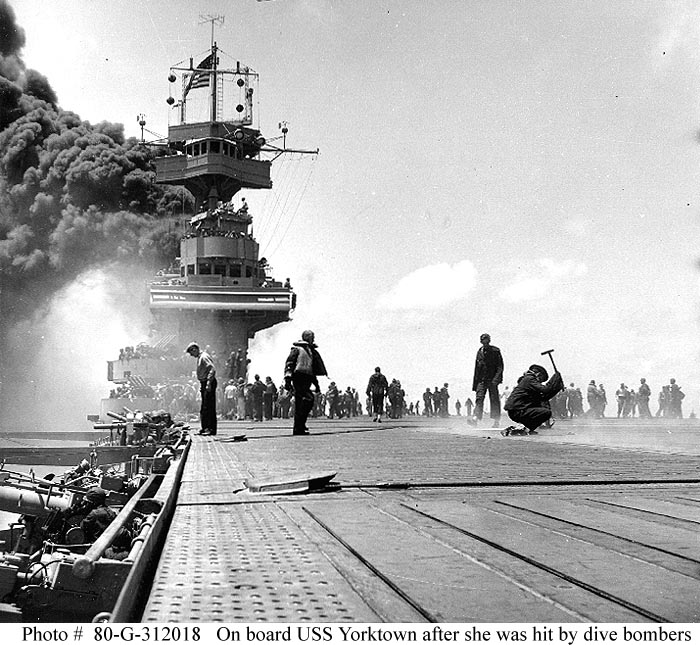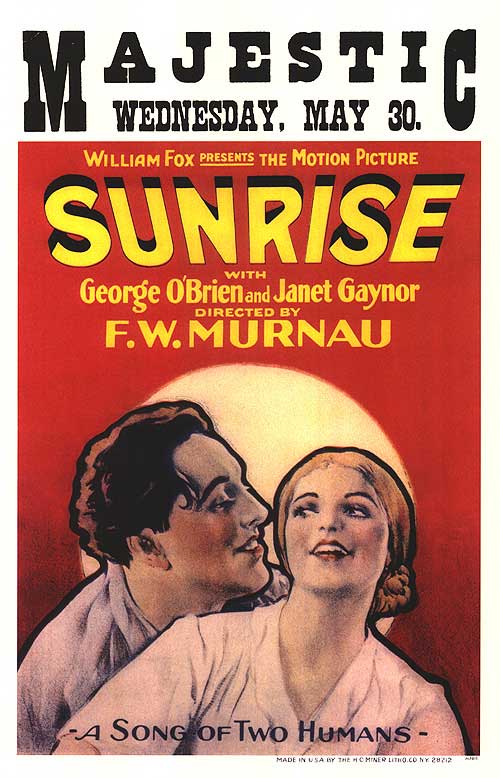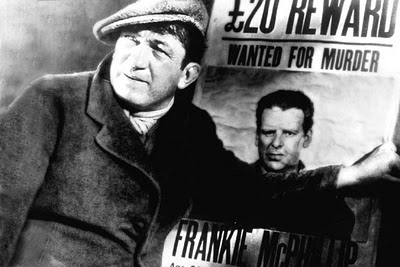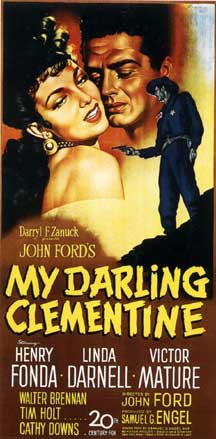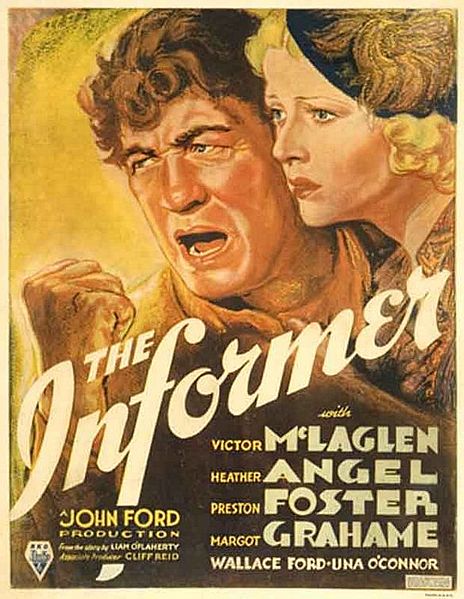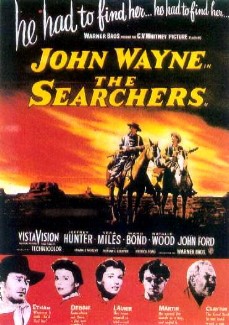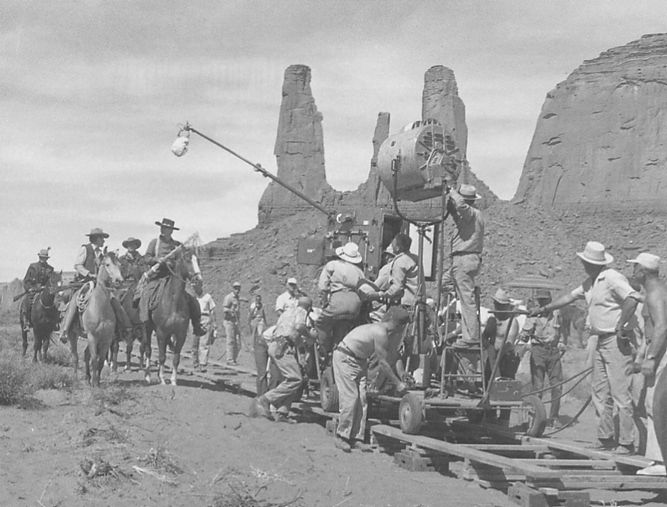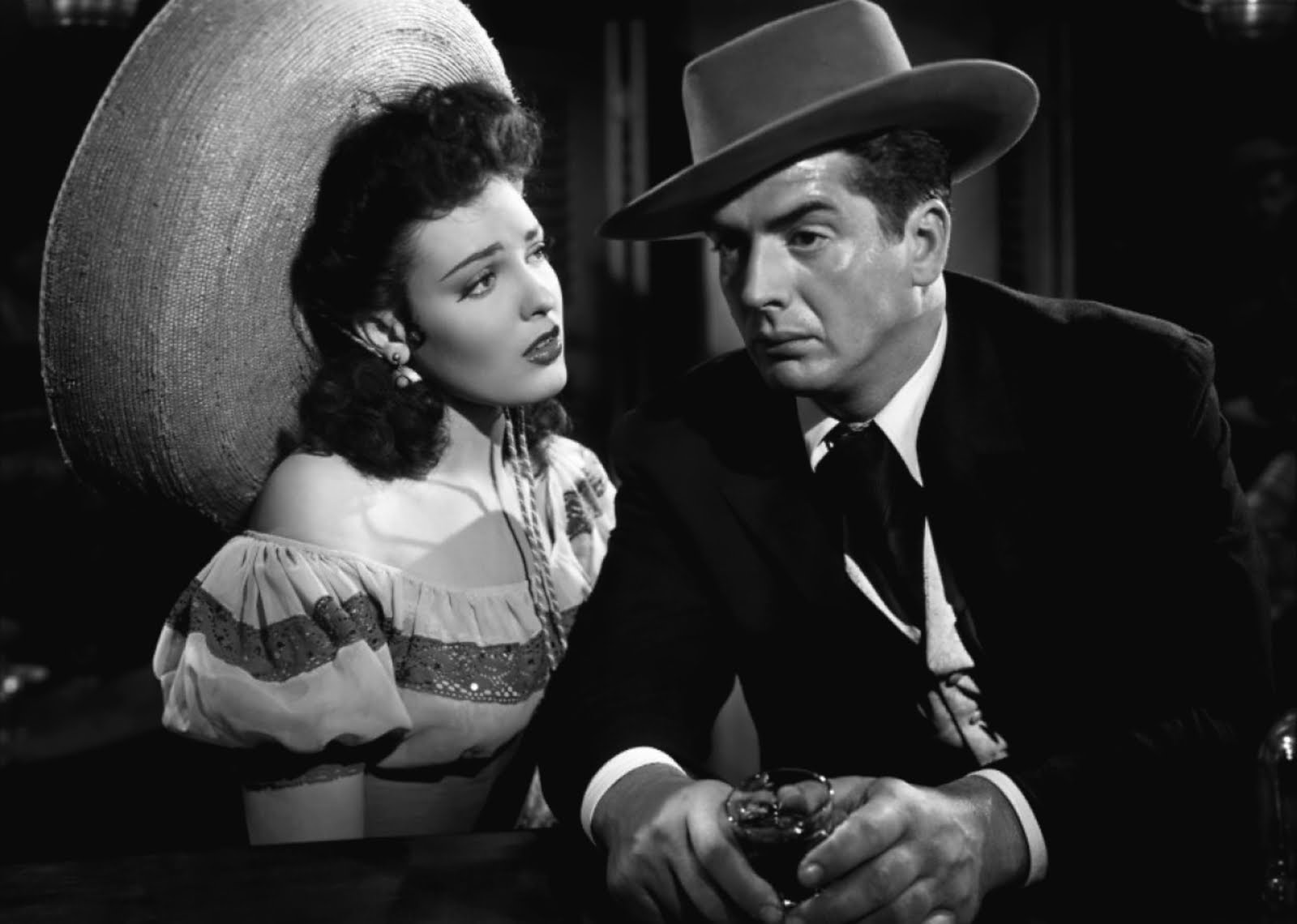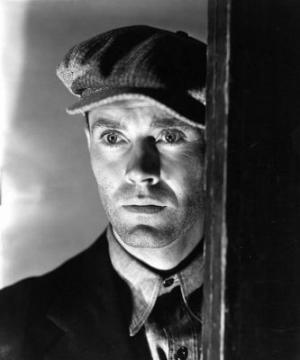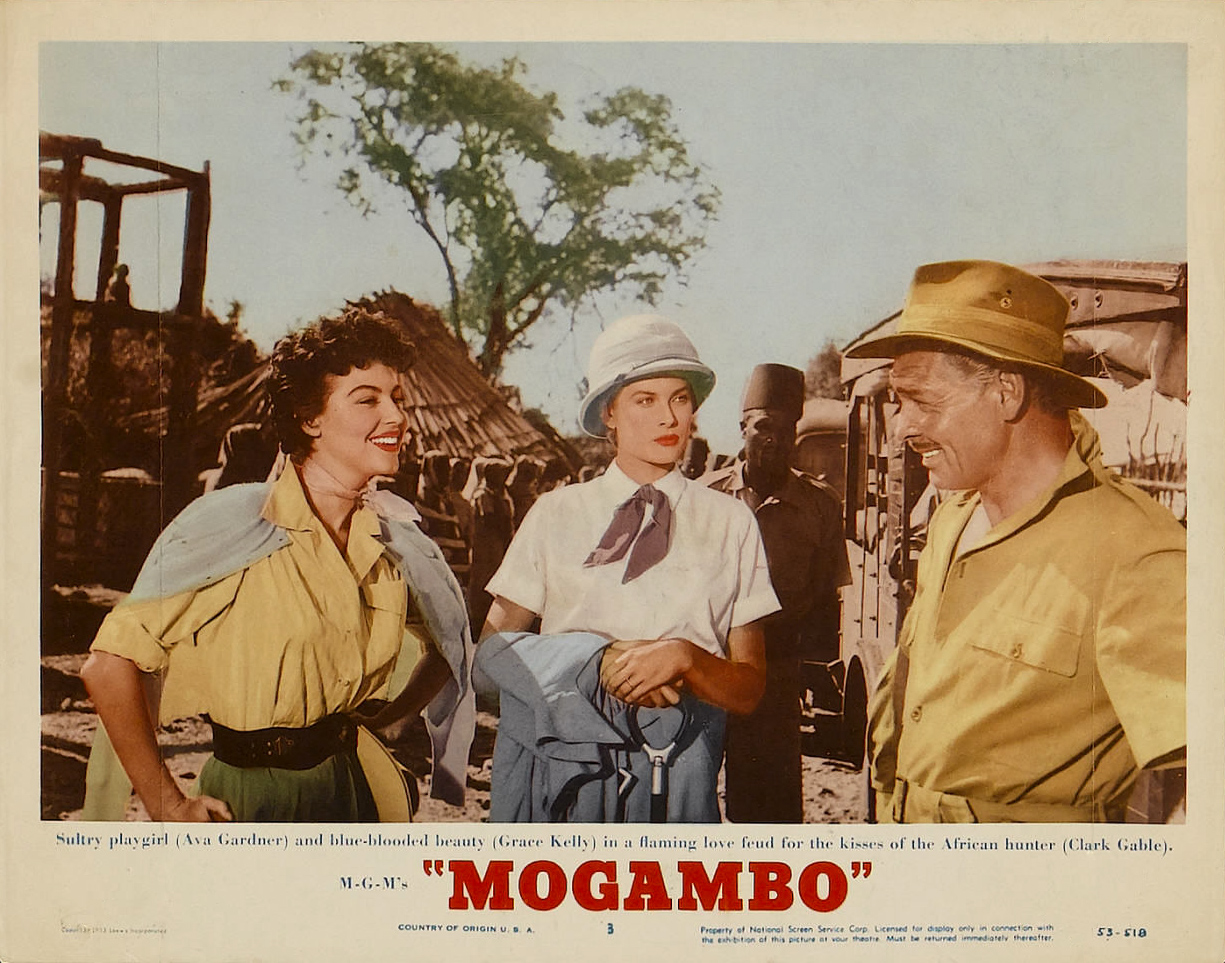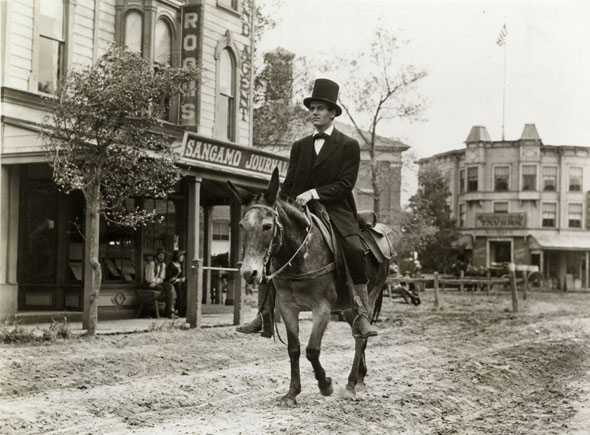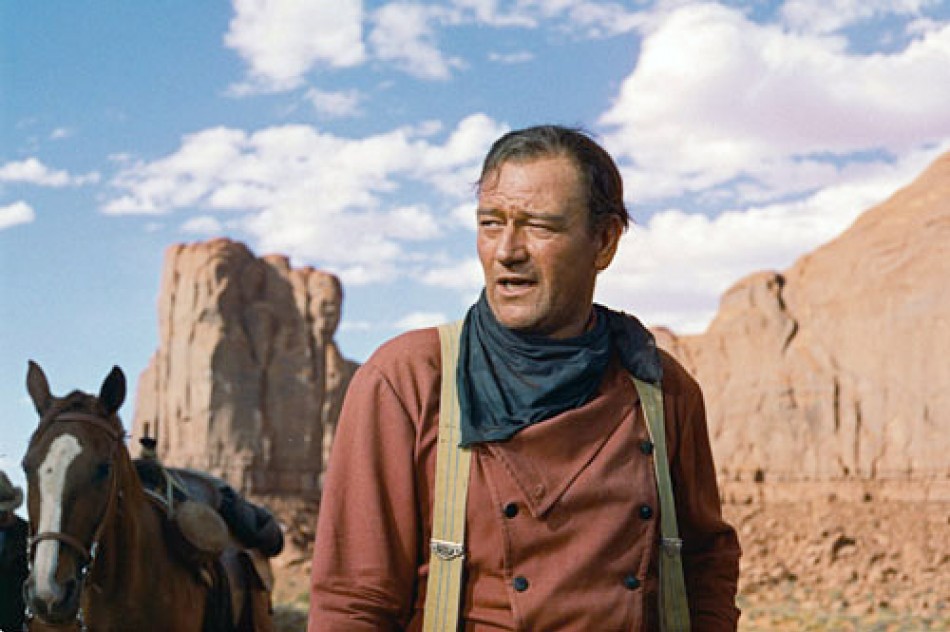I’ve been in a couple of car crashes, but the crash to which I’m alluding this time is just an almost crash. My engine was destroyed, but no one else was hurt this time. More on that later.
My first version of this story began with an attempt at humor. I am writing about a comedy I directed after all, so a joke or two wouldn’t be out of place, but I wrote that version before my car broke down, and that changed a few things.
In retrospect I didn’t like the original tone. It was a crutch to avoid being more sincere.
Tone is tricky to get right, and I’ve wrestled with it here for quite a while. On the one hand, I’m talking about a comedy, but also about a sense of purpose which is not a topic that is best served by a flippant or whimsical approach.
I remember listening to Michel Gondry talk about making Eternal Sunshine of the Spotless Mind. He mentioned an ongoing effort to bat away Jim Carrey’s comedic impulses to get to the truth of the moment. It’s sort of like that.
Below is a promo I made for the short. It is the only hint of comedy that you will find in this post. I figured it is only fair to let you know what you’re in for right from the start.
Once again I am attempting to write something that I sense I should write without understanding why exactly, and once again I am doing so under some protest. I felt the same way about the last post I wrote, which was about becoming porn free.
After reading that one, some people thanked me and shared stories about how porn had destroyed their relationships, but others went out of their way to mock me or tempt me for sharing something so personal. That hurts.
I mention that because I suspect I might get a similar reaction with this post. It’s disheartening to anticipate that something personal you are working on will probably bring about more heartache in new and unexpected ways.
Why then should I press onward when it would be more comfortable to just take it easy, especially if the rewards seem less likely than the drawbacks?
I guess it comes down to this sense that things will work out for me eventually if I just stay the course a little longer. It is odd to place much significance in something as intangible as a sense, but in the past my senses have been right in a lot of surprising ways, so I’ll listen once again.
I don’t know how much longer I can keep doing that though. I can only take so much grief before I lose the capacity to stay the course.
With that said, I sense that Up to Date, the short comedy I recently directed, is at the center of a crossroad in my life. Whether it succeeds or fails, the short will influence the course of my life in a significant way, I’m fairly sure.
Woman Holding a Balance – Vermeer, 1662-1663
It is not that I think our short is the best short ever made. We worked hard on it, and I’m proud of what we accomplished with the resources that we had, but it isn’t Lawrence of Arabia or any other polished Hollywood blockbuster for that matter. It’s just a little comedy with some personality, made with affection.
In the grand scheme of things, I don’t expect the short to have a big impact on the cinema landscape, but I think it might have a big impact on how my life unfolds.
A few weeks ago, a friend of mine asked me to share some of my thoughts about the project, so rather than rehash that piece, I’ve included the link here to give some context:
Since then I’ve faced some difficult personal and financial challenges. Most notably the destruction of my car engine has strained my finances to a point of instability. Long story short, if all the effort that went into the short doesn’t lead to something sufficiently positive, then I doubt that I will have the resources or the heart to try again, at least for a very long time.
I don’t give up easily, but I can’t keep pouring time, money, and effort into projects that don’t go anywhere, and I’ve been trying to make things work for years. I might still help out on other people’s productions or do some tinkering here or there, but it will be hard to justify the same commitment that I’ve given to my recent projects if the short fails.
The Floor Scrapers – Gustave Caillebotte, 1875
It’s not the end of the world. If it is not meant to be, then it is not meant to be. After all, my abilities might be better suited elsewhere, and so realizing as much could do me some good.
I like working in film and find it enriching, except when I don’t. I have met incredible people and had some memorable times, but I’ve also encountered some of the most dismaying, inhuman, unbelievable treatment of my life along the way. Here I’m talking about my experiences outside of the production for Up to Date. I was privileged to make Up to Date with friends, and that made it a mostly enjoyable affair. It doesn’t always work out that way.
There is a tired bit of industry advice that goes something like this, “if you want to succeed in this business, then you’ve got to be willing to do whatever it takes. Push the envelope. Take it to the max.” Etc. Inspired stuff, right?
Well, OK. Hard work is important, sure, but would you kill someone to be in the business? Would you rape someone? Would you play mind games with those less fortunate than yourself? A few industry types act as if their answer is “yes absolutely.”
Is being on the cover of a prestigious magazine awesome enough to justify monstrous behavior? What about the chance to swim in a pool of your own money a la Scrooge McDuck?
How about vengeance on the innocent for all the slights that people inflicted upon you when you were younger? Those things are just not that appealing to me.
The real issue though is not that the film industry sometimes brings out the worst in others but that it sometimes brings out the worst in me. Maybe this is just wishful thinking, but I’d rather do something that brings out the best in me, that leads me closer to decency and affection.
And yet. And yet. How simple things would be if it wasn’t for “and yet.” And yet, some of the most transcendent moments in my life, when I felt most connected to others and to the wondrous possibilities that life has to offer, came when I was under the influence of a film or play I had recently seen.
For a while I believed that film, or any creative work really, could make me into a better person if I approached the work with the right motives and an open heart, that there was indeed a certain magic in the web of it as Shakespeare suggested in a few of his plays, most notably in the Tempest. (As a refresher, that’s the one where the ship crashes into the island.)
Do I still believe in that sort of thing? Yes. No. It depends on the day. My outlook hangs in the balance, and much like the Sword of Damocles, it is balanced in a most precarious way. For now, I’ll say yes.
Speaking of crashes, I guess I should get to the almost car crash that I mentioned earlier.
It happened when I was travelling back to Louisiana after visiting my sister. Corinne had just returned from her honeymoon and had started her new job as a doctor at the National Institute of Health. Shortly thereafter she invited a few friends and family to a house-warming barbecue. A few days later she had her birthday party.
Corinne is one of my best friends, and so I wanted to be there for this new milestone in her life. It was a bit of a trek, but since I work from home, I have some flexibility to allow for these possibilities. I figured it would be a good chance to see her again but also to remind myself of what a positive outlook and a happy home could be.
I needed the reminder. In Louisiana I was facing mounting pressures in regards to future living arrangements and uncertain prospects for our short comedy. Up to Date had just been rejected by a local film festival. This stung a bit because our film seemed at least as worthy of screening as some of the other films that got accepted. To be fair, I’ve seen only the trailers of some accepted films, so it is hard to determine how our film stacks up, and comedies are rarely film-festival darlings.
The Tempest – Giorgione, c. 1506-1508
Still, facing rejection from a local festival made me doubt my instincts. If my future depends on a short that can’t even get into a local film festival, then the odds are not in my favor, as they say. Maybe I was wrong about everything after all.
Lately, trusting my instincts has felt mostly like a highly efficient method of convincing others that I am crazy. And yet. And yet, I did anticipate last year’s Superbowl winner … in the preseason.
If you want to see for yourself, go back a few months on my twitter feed: twitter.com/nsavides. Jast as a warning, I can’t go back and read it myself. It makes me nauseous to remember, and then I have this strong urge to delete everything. I’ve already done that a few times, so I apologize about the seemingly incongruent parts.
Superbowls have not been the only events I’ve anticipated. To give just one more example, I had a gut feeling that something would happen with my car on the ride back home from Corinne’s house. At the time though, I dismissed that premonition as mere homesickness.
Me with the broken part of my engine
Spending time at Corinne’s place made me yearn for stability and warmth, to the point that I was tempted to ignore that quiet sense of purpose that keeps harassing me. Why must I listen to that stupid sense anyway? What has listening accomplished besides bringing heartache into my life and calling my sanity into question?
The obvious solution would be not to listen, but it is a rather persistent sense, so I usually have to numb myself in some way to avoid it. That’s what I did. Somehow I knew that doing so would change how things unfold somewhat, and that it would cost me something. I even sensed that it would affect my ride home, like with a speeding ticket or something.
Ha ha. That’s crazy. I have a radar detector. Not happening. In any case, I didn’t wish to be bothered with some vague notion of a higher purpose. The sacrifices I’ve made in pursuit of that purpose had made me weary, and I just wanted a life with some comfort and affluence. What’s wrong with that?
I did get a ticket on the ride back. The police officer hit me on three different charges: reckless driving, driving with a radar detector, and driving with an expired registration. I tried to explain:
There were very few cars on the road, and I wasn’t going that much faster than the 70mph speed limit. I wasn’t doing racing maneuvers through a schoolyard while intoxicated. I was just trying to get home sooner rather than later, and I was driving late at night when the roads were basically empty.
The Tempest Act I, Scene 1 – George Romney, 1797
The officer was unsympathetic. Nor did he respond well to my argument that a radar detector is as a fair defense against speed traps. As to the registration, I was unsure about where I would be spending the next few months, and I figured that I should get housing settled first before I renewed my registration.
I asked the officer if he could give me a break on even one of the charges. No. Not possible.
OK, so that’s how it is going to be. Fine.
I said a prayer when the officer left. I get it. I should have listened. I shouldn’t have been defiant. Lesson learned. But that wasn’t the end of it.
After driving for a few more hours, I got this sense that I should stop at a nearby rest area and walk around for a bit. I had just done that a few minutes ago. Why should I stop once again?
Seeing that things didn’t go so well when I ignored an intuitive sense last time, I figured I might as well listen this time around. Why not? At the very least I’d get more fresh air and a chance to walk around again, and that might help me stay awake.
A few minutes after that stop, I was on the road again, and that’s when I heard a loud pop from my engine. I was on the interstate going about 65 miles an hour when my car decelerated abruptly and veered from one lane into another. I navigated to the side of the road without hitting anyone, and that’s when my engine died.
Diego Romero exhibit I photographed at Boston’s MFA in June
Had that happened a few seconds earlier, it would have put me right next to a whole lot of cars. That’s where I would have been without the extra stop at the rest area. Losing control of a car at 65 miles an hour on the interstate could have been tragic, but I walked away with just a ruined engine.
I almost wish the officer who gave me the ticket could have seen as much. I could have caused a substantial accident if I had panicked, but no one else got hurt. Not bad for a reckless driver, right?
It hasn’t always gone that way. Back when I was studying computer animation in Florida a few years ago, I was angry about some things. I had finished my classwork, so I went to local restaurant to unwind, work on a Western I was writing, and have a few drinks.
I didn’t have that many drinks, but I was still angry when I left the restaurant, and the alcohol heightened the feeling. I drove back to my place with the music turned up while driving a little faster than I should. Suddenly I realized that the cars up ahead were stopped. I slammed on the breaks. I didn’t hit anyone, but someone else did a few cars back.
I got out of my car, and I saw a girl on the phone crying. Her car had been totalled, and she was telling her mom that she didn’t know how she would pay for the damages.
I waited around for someone to question me or subject me to a breathalyzer, but the officer at the scene told me I could go when I identified which car I was in. To this day, I don’t know if I caused the accident or if I could have prevented it had I been driving slower, had I not been so angry, had I not been listening to the radio so loudly, had I not been drinking.
The next day I called the local police department. I figured I’d explain what happened and then see if there was anything I could do to help the girl. The receptionist took my information and told me she would call back if she could identify the girl I was describing. She never called back.
I never forgot the anguish on that girl’s face. I’ve prayed for her ever since. Girl, I’m sorry for any sorrow I might have caused you. I wish I had been coming from a better place when our lives intersected.
Another look at my broken engine part
I am grateful that my most recent car incident didn’t cause damage to others, and yet it is another example of how things didn’t quite work out as they should. Just before visiting Corinne I had went to Midas to get my oil changed. I had done far less than the recommended mileage since my last oil change, but I figured I would go as a preventative measure.
I was trying to do the responsible thing, and yet it is quite possible that opting for the oil change actually caused the damage due to the probable negligence of the mechanics at Midas. I did see a flashing low-oil warning on my dash right before the engine died, a message I should not have seen considering that I was way below the recommended mileage for an oil change.
Even when I try to do what seems right, things don’t tend to work out in my favor. The moments that have worked usually involve other people who took a chance on me when there was no logical reason for them to do so.
I should not have been able to work for Canon here in Louisiana, but a few people back in Virginia believed in me enough to make it happen. Had that not happened I probably would not have been able to direct the short comedy, and I wouldn’t have been able to speak at Canon’s National Sales Meeting, which based on the encouraging feedback I received while attending, was one of my most successful speeches to date.
It is humbling to realize that without the support and resources that Canon provided, my life would have quite likely taken a different, less positive turn.
One of my bosses, gives his speech at Canon’s National Sales Meeting.
I cannot help but notice too that the Giants won the Superbowl during the first and only time that I asked a few high profile people on Twitter to cheer on the team. Just a coincidence? Possibly, but it is a notable one, is it not?
It weighs heavily on my heart to know that I might have been tasked with something that I cannot achieve on my own. I am deeply flawed. I can barely get through the day without doing something self destructive or hurtful to others. Why would I be the one tasked with some higher purpose? I suppose though if I were otherwise, I might be less inclined to ask for help. Still that is hardly reassuring when things are not as they should be.
Somehow my world is out of alignment, and I don’t know how to course correct on my own. Yet it feels like I’m being asked to go full speed ahead toward a locked gate and trust that someone else will open it in time to prevent another crash. I don’t want to trust.
To quote from Fort Atlantic’s song “Up From the Ground,” the song I’m listening to as I write, “I’ve been here before, I know how this goes.” I have very few reasons to believe that things will be different this time, and that means another heartache, another crash is just around the corner.
It is sort of like coming out of hyperspeed while trusting that a scoundrel like Han Solo will have taken down the deflector shield in time to keep both you and a fragile military operation alive against insane odds.
OK, well I suppose if Lando Calrissian can do it … I’ll take just one more stab at it. Just one.
Your support or lack thereof might make all the difference. Your one gesture of support might encourage someone else to support us as well. Then again, your silence might persuade others that we are too different, that our production lacks any artistic merit after all.
As I was writing this, I remembered something else that I had tried to forget. A regret. Another wrong that I had inflicted on others. A few years ago I had went to see a play at Regent University. The play was The Great Divorce directed by Matt Scott. It was based on the book of the same title by C.S. Lewis.
AT-6 Texan airplane on display at the Texas State History Museum, made in Dallas c. 1941-1942
I was wary of going. Once again, I was upset about some things, and my inclination is to keep a distance from others in those situations. Still, it felt like I should go. So I did. The show was sold out, confirming at first my initial apprehensions, but then an extra ticket became available. Just one. If I remember correctly, a couple gave it to me, but I’m not sure.
The show itself was powerful, so powerful in fact that I found myself crying uncontrollably at parts.
I have seen Broadway shows, operas and critically acclaimed productions in New York, Chicago, and London, just to name a few places, so I have some sense of what a great show involves. I am hesitant to call something great lest the word lose its meaning, but that production of The Great Divorce was a truly great show, one of the best that I have ever seen.
When the show ended, I felt like I should stand up and give it the standing ovation that it deserved, but then I hesitated. What if some of the audience members saw me weeping? How foolish I must have looked, and would they not find me more foolish for giving a standing ovation to a play written by C.S. Lewis? Don’t sophisticated theatergoers scoff at someone who holds C.S. Lewis in high esteem?
(To the culture snobs, I do hold C.S. Lewis in high esteem. What of it? I admit that he is no Lars von Trier, but that is why I like him. Lars von Trier is a pornographer and a self-professed Hitler sympathizer, but he is working on a bold new film that involves real sex! Prepare the laurels, snobs!)
Le Moulin de la Galette – Pablo Picasso, 1900
I didn’t stand. How ungrateful I was. I had been given a gift that touched me in a way that nothing else could at the time, but I was too proud to show my appreciation.
The show was boldly unconventional, and as a result it got mostly polite applause. Only one or two people in the back gave it a standing ovation. Based on the audience chatter, I imagine that the show got more than a few negative comments.
I was sitting right up front, so there was a possibility that if I stood, others would have followed my example. Even if it was just me, at least the actors and the production team would have seen one more person who thought highly of the play, and sometimes just that extra support from one person is enough to keep an artist pressing forward during meager times.
Did someone talented give up on a dream because I remained seated? I don’t know. I didn’t listen to my instincts that time, and I have no idea what the consequences were, but I’ve learned the hard way that there usually are consequences when I don’t listen.
The guilt of not standing still floats around in the back of my mind. It is why I now make more of an effort to express gratitude to the artists whose work has touched my life.
As it happens, I am fairly certain I was one of the first to thank the writers of a certain controversial show at its conclusion, but I have no way of knowing because I’m not exactly on speaking terms with those guys, and there’s no definitive record of that anymore. It’s just a sense, you know.
Anyway, writing this piece has convinced me to track down director Matt Scott and send him a thank-you note for his production of the Great Divorce. I can’t undo the consequences of my cowardice, but I can at least aim to course correct as best I can.
The Coal Basin – Peter Paul Rubens, 1600s
I understand your skepticism. A lot of things I talk about are hard to believe, and the timing of some things happens to coincide with the release of a short film I directed. It is prudent to be suspicious of such timing especially when it comes to the entertainment industry. I know too that I am an imperfect person, and like anyone else, my shortcomings become more apparent when I’m facing a stressful situation or when I’m in the spotlight.
You have to trust your instincts on this one. Do you think I’m doing all this just to sell a product, or do you believe that in spite of my flaws I mean well and that I’m coming from a good place? It’s your call, but allow me to quote Shakespeare one more time, “Of heaven, not me, make an experiment.”
If I’m wrong, then it won’t matter. I’ll just fade away from memory as I do something else with my life. Our paths will probably not intersect again. But, if I’m right it will become increasingly more difficult for you to avoid the still small voice of the destiny that beckons us forward. It is hard for thee to kick against the pricks, as they say.
Just ask the Dursleys. They did everything possible to avoid the letters from Hogwarts that came on Harry Potter’s 11th birthday, but the letters kept coming. They even tried to escape to an island, but in the end they just made things harder for themselves, and Harry Potter still ended up at Hogwarts.
Haere Mai – Paul Gauguin, 1891
And so, this is our Facebook page: https://www.facebook.com/UpToDateComedy
It would mean a lot if you would support us, but do not do so out of a sense of obligation. We haven’t posted the short yet, so if you choose to support us then do so based on the values we convey and on the potential we might possess.
It’s a risk, isn’t it, but then all the interesting things in life tend to involve at least some risk, right?
Will you take that risk? Will you dare to come play with us, to share your thoughts and your heart with us? That will do much to sustain our dreams and in so doing you will strength our capacity to sustain yours when the time comes.
One last quote, for those who might appreciate it. “Be steadfast. The way back comes but once.”
It takes me a little longer to write the kinds of posts I prefer to write, and sometimes my schedule gets complicated, so I can’t promise to have new posts available on a consistent schedule. That’s why I encourage you to sign up by email. You can do that by clicking here.
If you’re following along by email, you’ll know right away when I have a new post waiting for you. It is very easy to unsubscribe, and you won’t receive anything unrelated to my blog.
Lastly, if you appreciate my writing, why not write a comment or share the post with a friend? It would encourage me to keep sharing some of my heart with you.
As always, thanks for reading and God bless.


